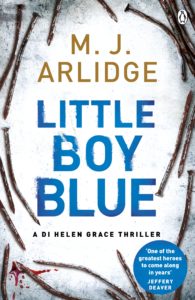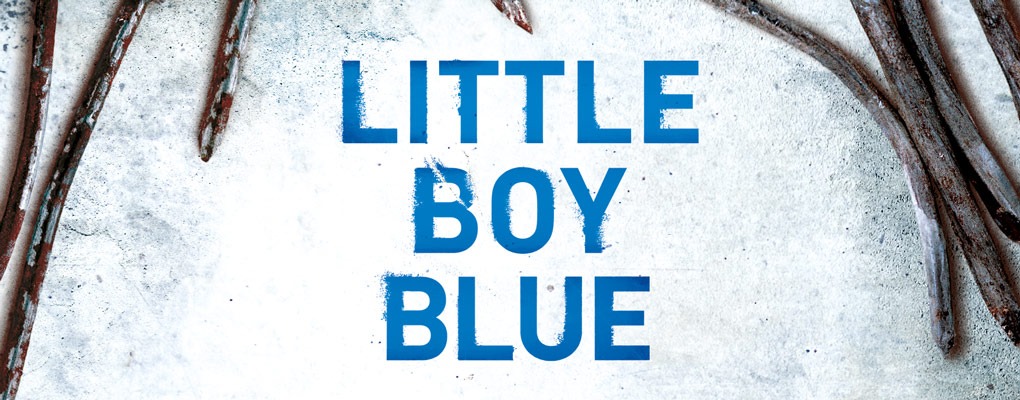Books
M J Arlidge: writing for page and screen
As I write this, I am putting the final touches to a new crime series for ITV. Part thriller, part family drama, it explores the catastrophic effects of a miscarriage of justice on a number of different lives. The show has a great cast and so far has been a dream to write. But we are now approaching “squeaky bum” time, as Sir Alex Ferguson used to say. There are only two weeks left until filming and all the creative decisions we’ve made are now under scrutiny.
 Every character you create costs money, as the producer has to cast and hire an actor/actress. Every new location adds to the location manager’s workload, as well as having a financial impact. And of course there is always the question of length – an ITV hour is roughly 46 mins, as we have to accommodate adverts, and woe betide the producer who goes over that length. So every scene you’ve written is now timed, assessed and evaluated to see if we can really afford it (in every sense of that word).
Every character you create costs money, as the producer has to cast and hire an actor/actress. Every new location adds to the location manager’s workload, as well as having a financial impact. And of course there is always the question of length – an ITV hour is roughly 46 mins, as we have to accommodate adverts, and woe betide the producer who goes over that length. So every scene you’ve written is now timed, assessed and evaluated to see if we can really afford it (in every sense of that word).
Contrast this with writing a novel. Here length is a moot point – it makes no odds if my manuscript is 80,000 words or 120,000 words. Scale of production is also not an issue – in a novel, a crumbling skyscraper is no more expensive than a conversation over tea and biscuits. And of course there is the light editorial touch. Your agent and editor make vital contributions, but compare this to TV where a writer has to factor in the views of the producer, the director, several executive producers, the script editor, the distributor and of course the actors and actresses. All of whom may disagree with one another. Collaboration can be a wonderful thing, but it can also be a total nightmare.
Yet, for all this, there is unquestionably an overlap between writing for TV and writing novels. And it is certainly true to say that my TV background has affected the way I approach my novels. In TV, I have always been taught to set lots of story hares running at the same time. This is the classic “soap” structure – where you have four, five, six different stories smashing into each other in every episode, providing you with variety, pace, thematic overlaps and the all important cut aways – but it holds for relationship dramas, period pieces and crime dramas too, where the speed of the narrative is everything. This is why every novel I’ve written – from Eeny Meeny onwards – has a relentless pace and constantly shifting point of view. I like short chapters, a fast moving narrative, a variety of voices, tight dialogue and strong visual story telling, which is probably why my editor describes my books as “screenplays in prose form”. Which I’m very happy with, as it combines my two great loves.
Now, back to the script editing… Do you really need this character? He only appears once and has two lines of dialogue. And so on…



Please note: Moderation is enabled and may delay your comment being posted. There is no need to resubmit your comment. By posting a comment you are agreeing to the website Terms of Use.